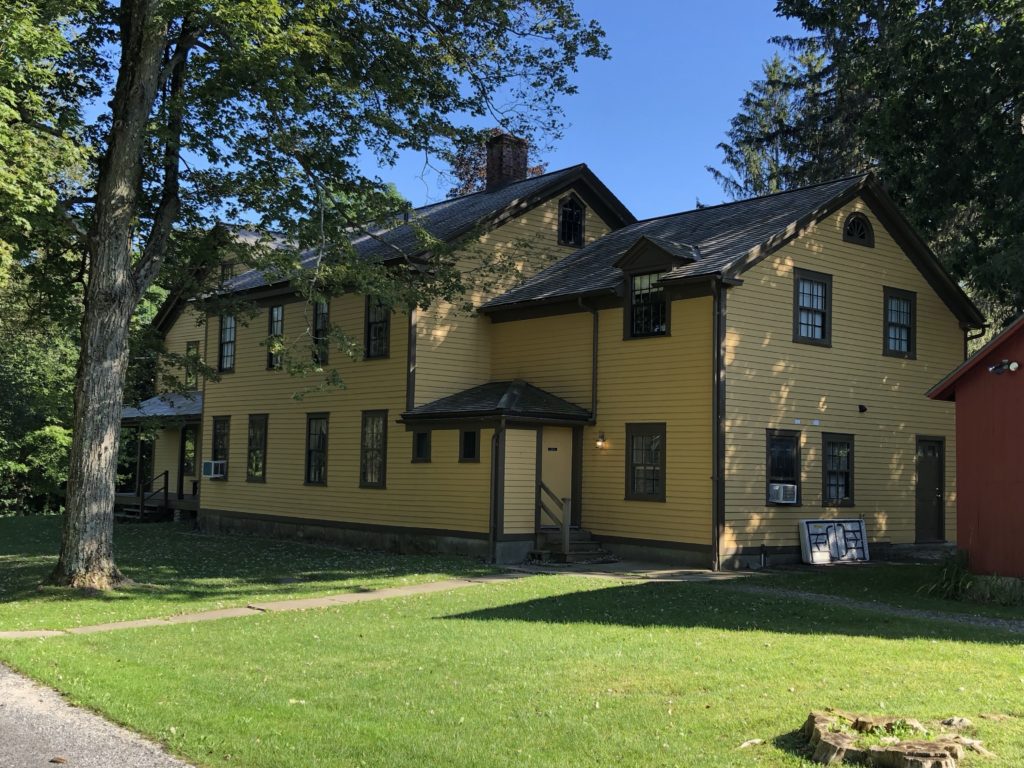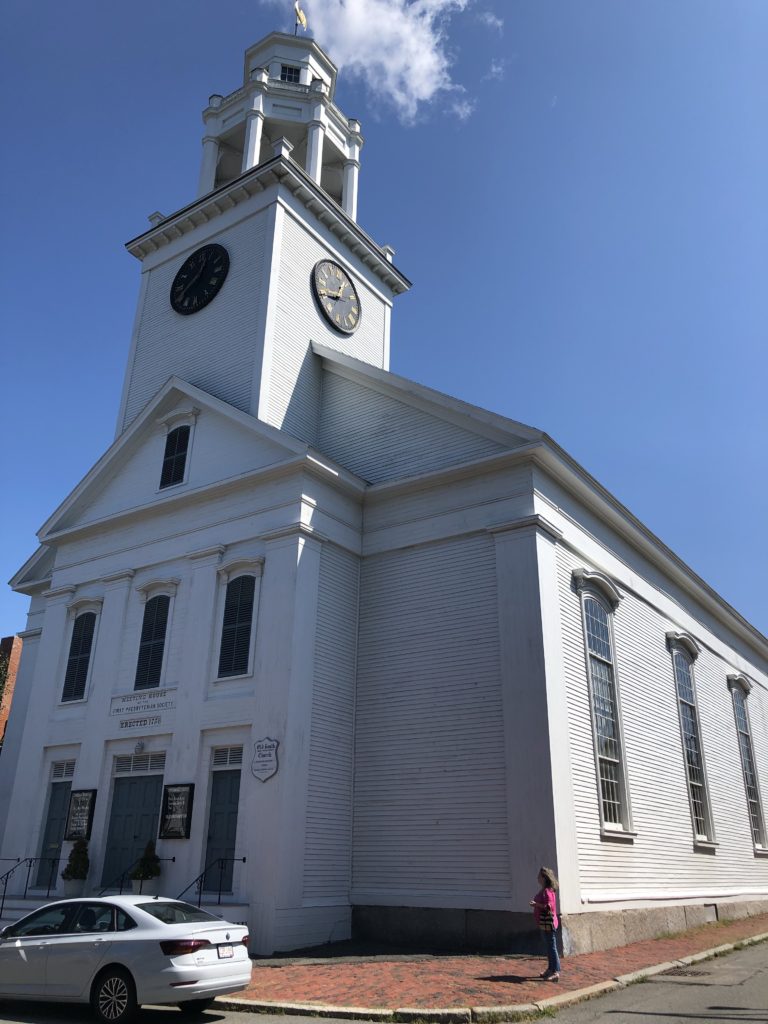
The church has made some terrible choices throughout history for which it has paid dearly. American Christians choosing economics (slavery) over human rights, and the German Lutheran church choosing to elevate nationalism (Hitler) over the Word of God are two examples.
To us, in retrospect, it borders on the ridiculous. How could anyone who calls themselves a Christian support enslaving human beings on the basis of their race? How could anyone who claimed to be a follower of Jesus agree to adopt the Aryan Paragraph, prohibiting anyone of Jewish descent from serving as a pastor of a church?
These choices were not without cost historically, even apart from the obvious and immediate suffering of the victims of such policies. In Germany the church is still paying the price for its poor choice with its loss of credibility, and in America, we are still grappling with the curse of racism 150 years after the end of slavery. A curse does not alight without a cause (Proverbs 26:2), and when the group that is supposed to be the moral light for a nation and in communion with God endorses the systematic dehumanization and enslavement of an entire race of people, there is no shortage of cause for curse.
Continue reading “Colonial Slaveholders, Nazi Lutherans, and Modern Evangelicals”



